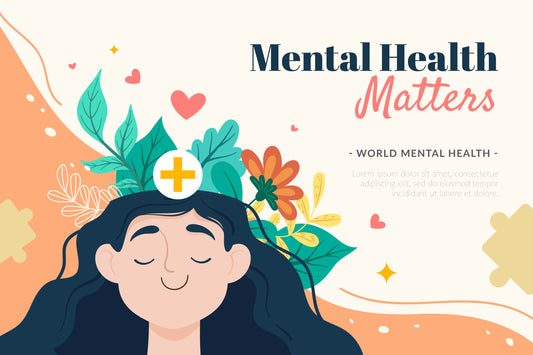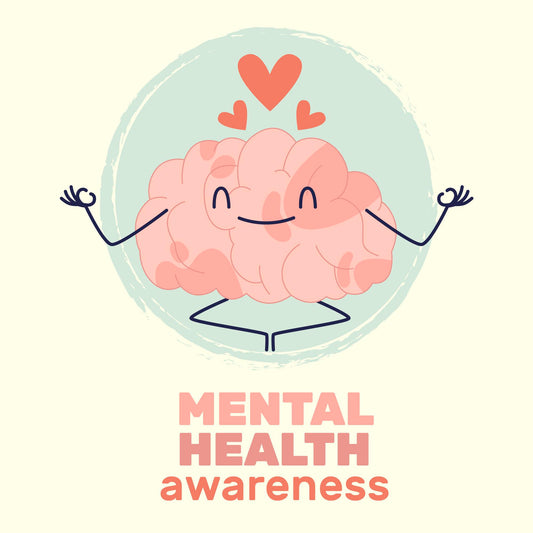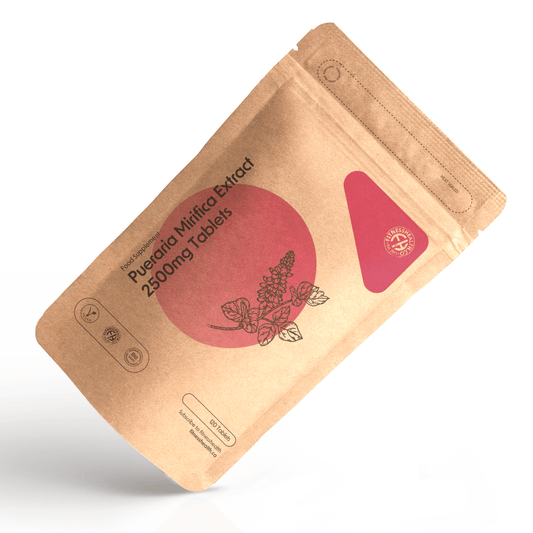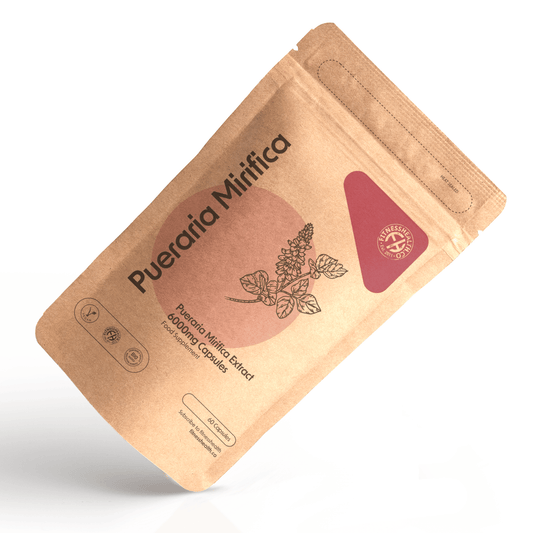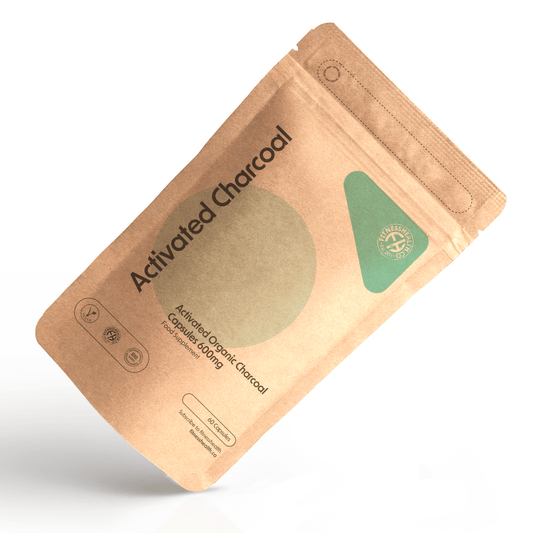Gut health has become an increasingly popular topic, and for good reason. The gut microbiome, the community of microbes living in your digestive tract, impacts many aspects of health, from digestion and nutrient absorption to immunity, metabolism, inflammation levels, and mental health status. Keeping the delicate microbial ecosystem of the gut in balance is key for overall well being.
Here you will explore the common signs of poor gut health, factors that contribute to issues arising, how certain supplements such as colostrum and collagen can get digestive function back on track. You will learn about complementary lifestyle and nutrition strategies for fortifying gut wellness, identifying food intolerances compromising GI health, and which diversity-promoting fermented foods to incorporate.
On top of that,, targeted stress management practices, optimizing digestive enzyme function, elimination diet approaches, and when to seek specialized medical care for persisting concerns potentially tied to the gut microbiome. Now get started!
Recognizing the Signs of Unhealthy Gut
Ongoing digestive troubles like abdominal bloating, excessive gassiness, constipation and diarrhea can signify gastrointestinal inflammation, infection, or food sensitivities. More serious conditions like irritable bowel syndrome (IBS), Crohn’s disease or celiac disease often produce these gastrointestinal symptoms as well.
But gut issues can also manifest systemically in subtle ways:
Unexpected fluctuations in weight, appetite or energy levels may reflect that gut bacteria have begun interfering with proper nutrient absorption and metabolism. Deficiencies in critical macros and micronutrients can develop if imbalanced gut flora or infections impede digestive breaking down and assimilation stages.
Chronic low-grade inflammation throughout the body can result when imbalanced gut microbes and intestinal permeability issues enabling bacteria and toxins to access the bloodstream activate widespread inflammatory pathways. This systemic inflammation is associated with autoimmune and inflammatory conditions.
Even skin issues like eczema, psoriasis and acne may signal that inflammation stemming from digestive difficulties and poor gut health is manifesting externally. The skin often reflects the internal terrain.
Causes of Gut Microbiome Imbalances
There are a variety of influences and exposures that can disrupt the delicate microbial ecosystem and balance between good and bad bacteria in the digestive tract:
Eating a nutrient-poor diet high in sugar, refined carbohydrates, and heavily processed ingredients floods the gut with inflammatory compounds while starving out populations of beneficial bacteria that metabolize nutrients and modulate inflammation. Overusing medications like antibiotics, NSAIDs, proton pump inhibitors and antacids also indiscriminately damage delicate gut microbial communities, wiping out commensal organisms.
High chronic stress exposure unleashes immune system responses in the gastrointestinal system that adversely impact gut microbiota populations and function, reducing secretory IgA and anti-inflammatory short chain fatty acid production. Disrupted sleep/wake cycles and high alcohol consumption also directly alter gut microbes.
Increased intestinal permeability, often referred to as “leaky gut syndrome”, is an enlarging factor enabling bacteria like E. coli, fungi, viruses and undigested food particles to escape the confines of the gastrointestinal tract and directly enter systemic circulation. This bacterial and toxin trespassing triggers pronounced inflammation and impedance of the security systems distinguishing self from non-self.
Targeted Supplements to Improve Gut Health
While adopting a whole food, anti-inflammatory diet and consistent lifestyle habits targeting stress reduction and restorative sleep should lay the foundation for fortifying wellness, targeted supplementation can provide an adjuvant boost for recovering gut balance:
Probiotics refer to supplemental friendly microorganisms that can partially help repopulate areas of the gastrointestinal tract needing support with beneficial commensal bacteria to enhance digestive capacity, absorption capability, pathogen-fighting immunity, and metabolic function. Naturally fermented foods like yogurt, kefir, kimchi and sauerkraut contain strains of probiotic bacteria as well, helping diversify input.
Prebiotic fibers and complex carbohydrates resist host digestion and absorption capacity, selectively stimulating the preferential growth and performance of beneficial bacterial genera in the gut like Bifidobacterium and Lactobacillus strains. By providing upstream nutrient “food” for probiotics to thrive on downstream, prebiotics potentiate the ability of beneficial organisms to become better balanced with detrimental ones.
Some other gut-supporting supplements with smaller bodies of promising gastrointestinal and anti-inflammatory research behind their beneficial use include L-glutamine to help seal gaps in intestinal lining integrity, zinc carnosine to protectively coat the stomach lining.
Also try collagen peptides from bone broth to heal and strengthen the intestinal barrier, bioactive curcuminoid compounds in turmeric to reduce oxidative stress burden, and gingerols derived from ginger root powder to ease nausea.
Complementary Healthy Lifestyle Strategies
Bear in mind supplementation should complement foundational healthy lifestyle modification habits also known to transform digestive wellness and train the gut back toward homeostasis:
Cast a wide net for nutritional diversity emphasizing vegetables across the color spectrum, low glycemic index fruits, properly prepared and pre soaked whole grains easier to break down, nuts, seeds, beans, lentils and chickpeas. On the removal side, seek to limit consumption of ultra-processed fare verging on non-food status, foods with added sugars and salt, and pro-inflammatory industrial seed oils.
Get at least 7-9 hours of quality sleep opportunity nightly in a cool, dark, and quiet room. Consistency of sleep and wake times helps set circadian biology critical for hormonal balance. Practice stress-relieving activities like breathwork, meditation, yoga, forest bathing and other nature immersions in green space.
Stay hydrated meeting basic water requirements and consider experimenting with time-restricted feeding windows or periodic multi-day fasts which grant the digestive tract recuperation periods.
Identifying Food Intolerances
Identifying and removing foods that repeatedly trigger GI symptoms following their consumption can provide insight into underlying food intolerances and sensitivities compromising gut health. An elimination diet under the supervision of a functional nutritionist or registered dietitian often successfully reveals culprit foods when strategically reintroduced one at a time.
The most frequent offenders include dairy products containing lactose, gluten-containing grains, eggs high in proteolytic promoting biogenic amines, inflammatory omega 6-rich commercial soybean oils, allergenic cornstarch derivatives, and inflammatory nightshade vegetables like tomatoes, peppers, eggplants and potatoes.
Supporting Microbiome Diversity Through Ferments
Seeking out and regularly consuming traditionally homemade fermented foods and plant-derived probiotic drinks feeds colonizing species in the gut microbiome associated with anti-inflammatory short chain fatty acid production and downregulates pathogens linked to dysbiosis.
Naturally fermented vegetables, fruit chutneys, live culture-brewed teas like kombucha, milk-based kefirs and real Greek yogurt provide a diverse array of easily assimilated health-promoting probiotics to stimulate. Rotate selections incorporating an eclectic blend supports better covering of bases ministering to different needs.
Optimizing Digestive Enzyme Function
Digestive enzymes represent special categorial proteins that critically break down the composite macronutrients in foods like carbohydrates, fiber, fats, and proteins into smaller components that can be effectively absorbed and delivered to tissues needing their uptake.
Insufficiency anywhere along the elaborated digestive enzyme cascade leads to downstream gastrointestinal symptoms like abdominal bloating and discomfort from fermentation by gut microbes, excessive flatulence, loose stools from poor segmentation regulation, and diarrhea when the small intestine threshold gets overwhelmed.
Strategically supplementing with proteolytic enzymes like bromelain and papain derived from pineapple stems and papaya on an empty stomach between meals or plant-derived enzyme extracts like Amla fruit during larger meals themselves can help optimize GI digestion and absorption.
Experimenting with Elimination Diets
Embarking on structured elimination diets that selectively remove foods most commonly contributing to inflammatory responses in those struggling with consistent gut issues can provide pivotal insight and greater clarity awareness around which core ingredients form primary triggers provoking symptoms.
Some of the more frequent pro-inflammatory eliminations trialed include completely abstaining from grain products including corn, eliminating all dairy products, massively curtailing added and free sugar influxes, halting alcohol consumption, and discontinuing use of commercial vegetable and seed oils high in omega 6 linoleic acid but low in antioxidant phytonutrient content.
Carefully and methodically reintroducing previous exclusions one food group at a time often successfully reveals central instigating culprits comprising gut comfort and function.
Supporting Gut Health Through Diet
Eating mostly whole, unprocessed foods lays a foundation for gut health - emphasize antioxidant and phytonutrient-rich fruits, vegetables of all colors, properly prepared whole grains easier to break down, nuts, seeds, lentils, and chickpeas. Limit intake of processed fare, added sugars, excess salt, commercial oils, conventional dairy, and gluten grains if sensitive.
Snacking between meals on fresh and roasted fruits/vegetables, nuts, seeds, coconut yogurt with berries, leftover chickpea salad makes sticking with a gut-friendly pattern more sustainable through enhanced satiety. Vegans/vegetarians can support microbiome diversity by regularly consuming fermented foods like kimchi, kefir, sauerkraut or kombucha.
Pay attention to how different foods impact digestion, and honor innate hunger/fullness cues - this births an intuitive wisdom guiding optimal nourishment day-to-day.
Seeking Specialized Medical Care
If persistent digestive complaints like abdominal bloating, occasional constipation, or loose stools have lingered daily for over 3 weeks without abatement. Or alarming systemic symptoms like brain fog, fatigue, unexpected weight fluctuations, loss of appetite, inflammation-related joint pain or skin conditions flare out of nowhere, connect with a functional medicine doctor for specialized laboratory testing assessing gut health and care.
Comprehensive digestive stool analysis, nutrient deficiency panels, micronutrient assays, food sensitivity testing, organic acid biomarkers of dysbiosis, Small Intestinal Bacterial Overgrowth (SIBO) breath tests, and Leaky Gut profiles all provide objective data uncovering root causes and imbalances needing resolution. These insights guide targeted supplement recommendations and therapeutics.
The Takeaway
A delicate balance exists between beneficial commensal microbes nourishing physiology and opportunistic pathogens provoking dysfunction in the intricate gastrointestinal microbial ecosystem, which cascades influences systemwide given broad communication channels.
Be proactively consistent about daily targeted supplementation regiments, whole food anti-inflammatory dietary patterns eliminating common gut irritants, foundational healthy lifestyle habits facilitating homeostasis, and medical investigation when signs of digestive imbalance or concerning symptoms potentially tied to poor gut health persist without abatement.
Prioritizing multi-pronged gut wellness pays exponential dividends across all aspects of human healthspan!

